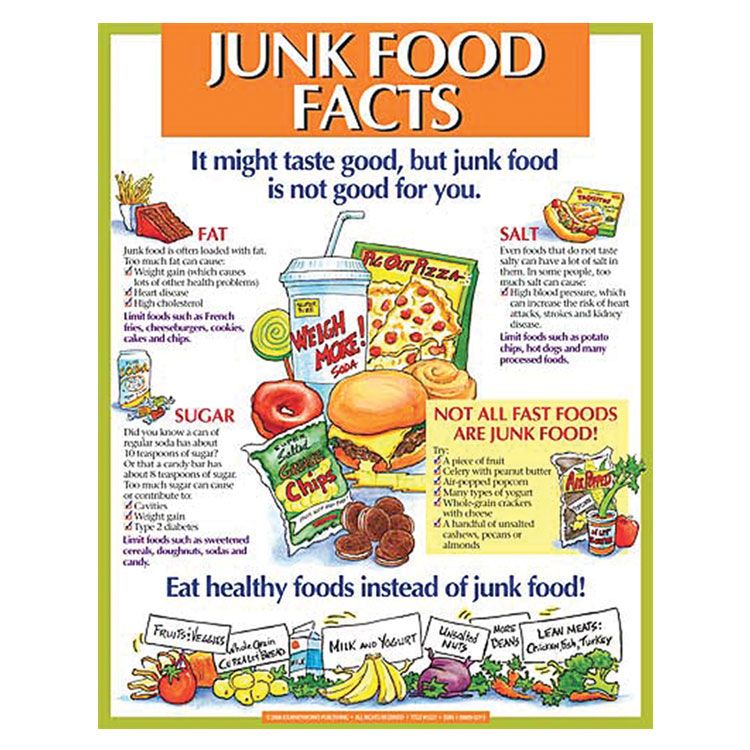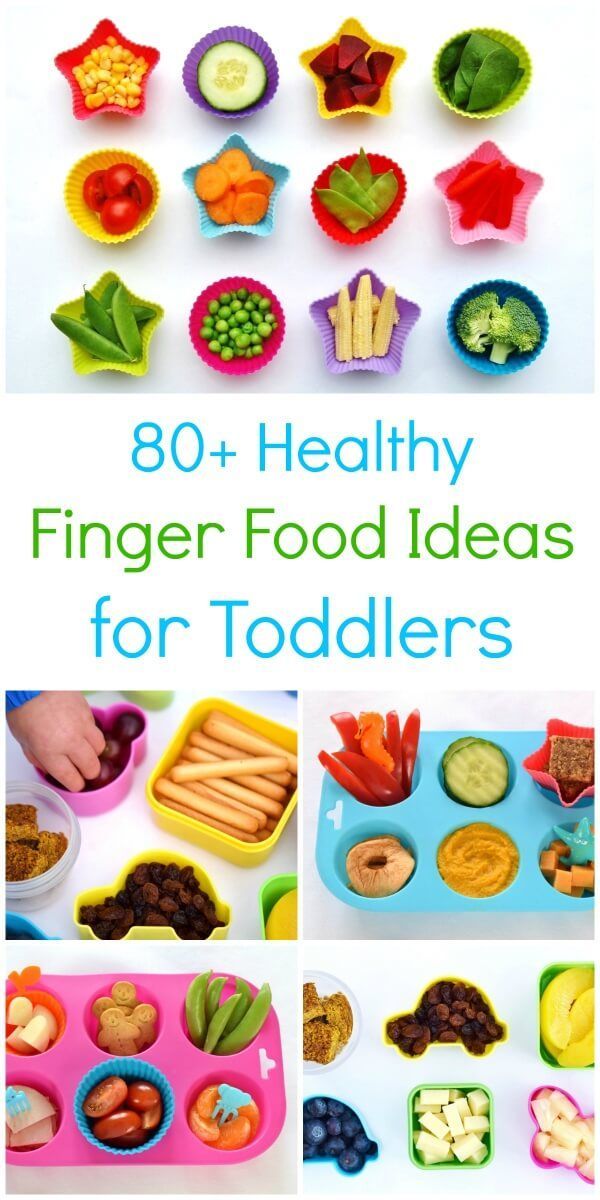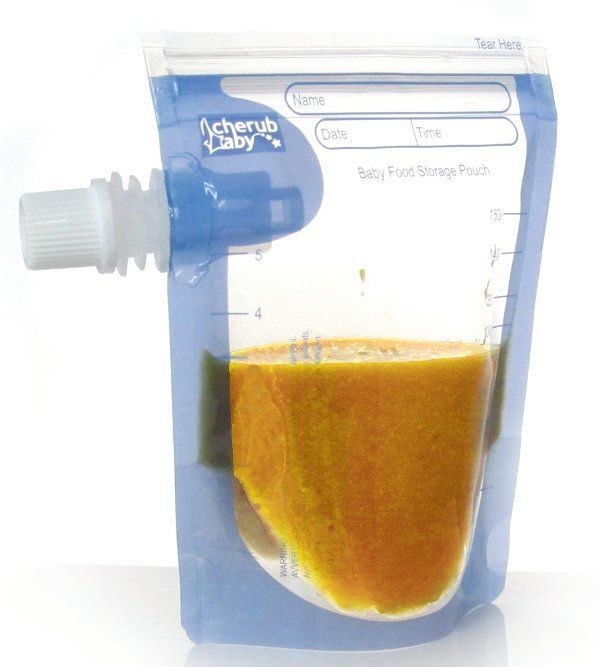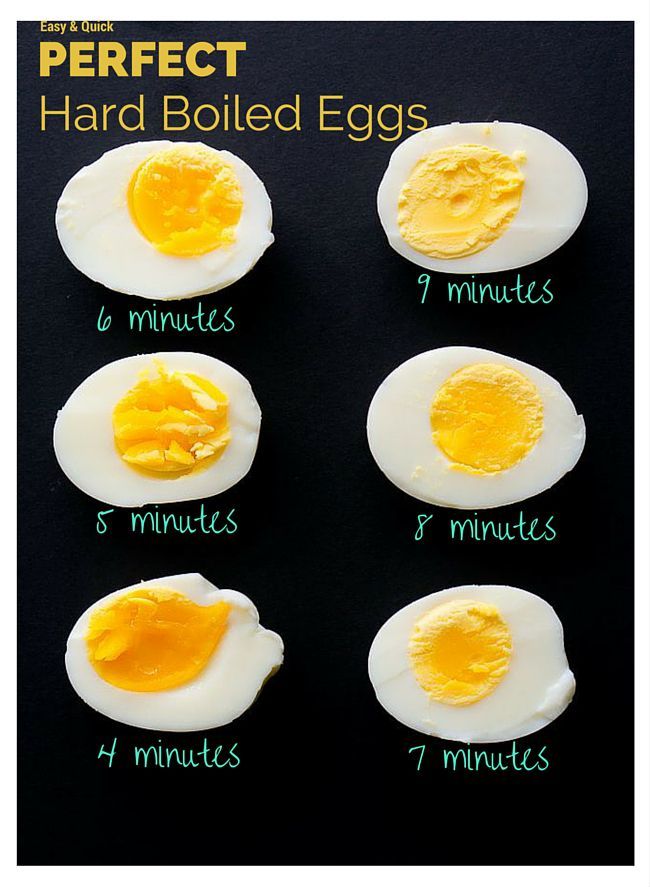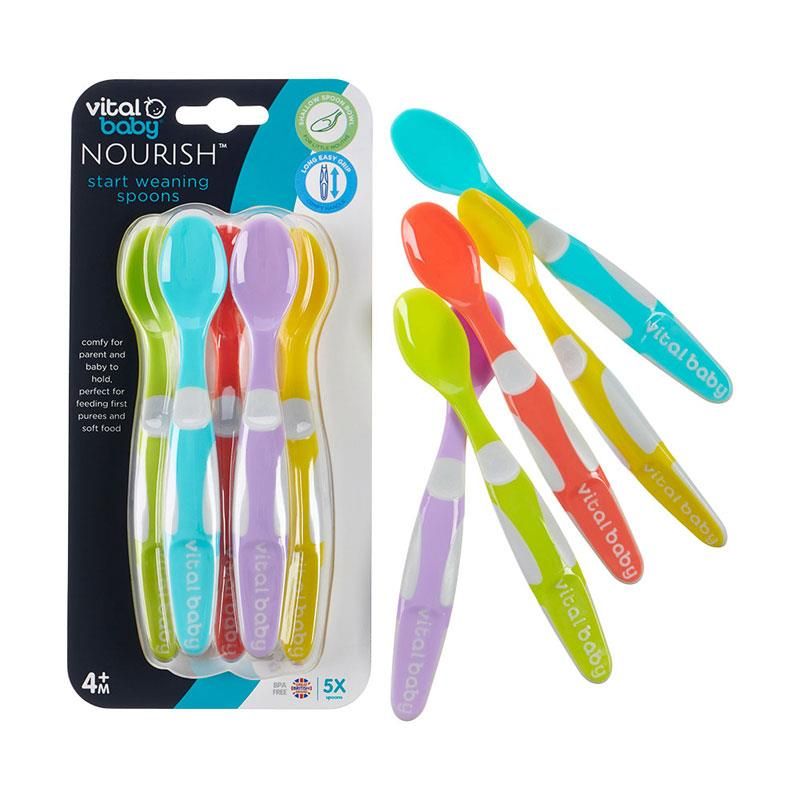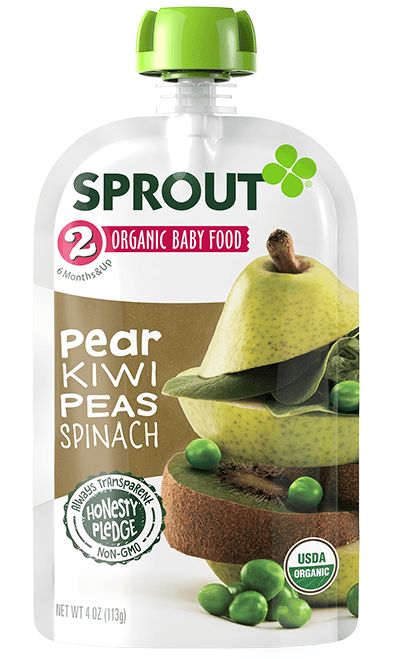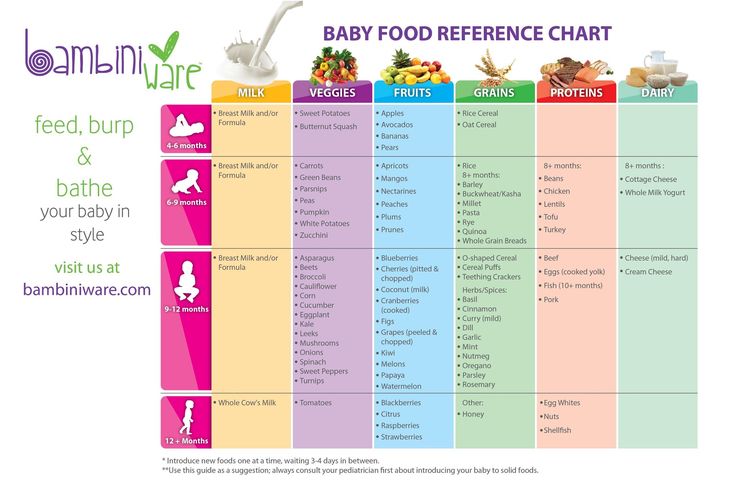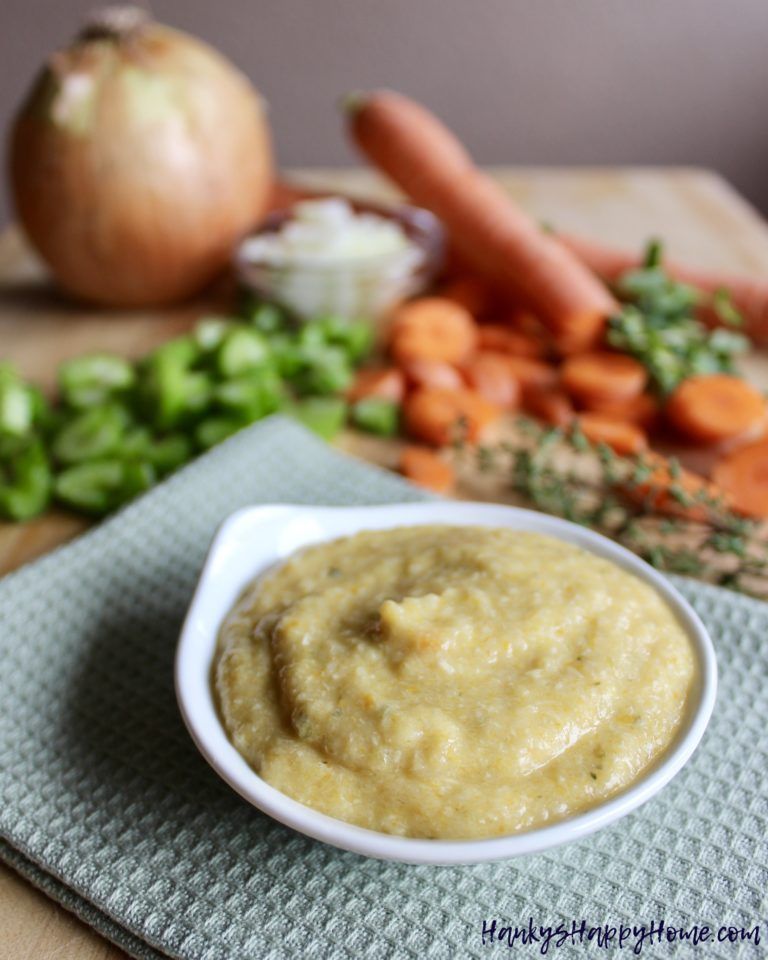Why no salt and sugar in baby food
How Much Should They Eat?
If you’re a new parent, you may be wondering how much salt is OK to include in your baby’s diet.
While salt is a compound that all humans need in their diets, babies shouldn’t get too much of it because their developing kidneys aren’t yet able to process large amounts of it.
Giving your baby too much salt over time may cause health problems, such as high blood pressure. In extreme and rare cases, a baby that’s had a large amount of salt may even end up in the emergency room.
Too much salt during infancy and childhood may also promote a lifelong preference for salty foods.
This article explains what you need to know about salt and babies, including how much salt is safe, and how to tell whether your baby has had too much salt.
You may add salt to your baby’s food in hopes that it’ll improve the taste and encourage your baby to eat.
If you use a baby-led weaning approach to feeding your baby, you may end up serving your baby foods containing more salt simply because you’re serving them the saltier foods you eat as an adult (1, 2).
However, babies who get too much salt through their diets can run into a few issues.
A baby’s kidneys are still immature, and they aren’t able to filter out excess salt as efficiently as adult kidneys. As a result, a diet that’s too rich in salt may damage a baby’s kidneys. A salt-rich diet may also affect a baby’s long-term health and taste preferences (3, 4).
Babies are born with a natural preference for sweet, salty, and umami-tasting foods (1, 4, 5).
Repeatedly being offered salty foods may reinforce this natural taste preference, possibly causing your child to prefer salty foods over those that are naturally less salty.
Processed foods, which tend to be salty but not typically rich in nutrients, may be preferred over whole foods with naturally lower salt contents, such as vegetables (4, 6, 7, 8, 9).
Finally, salt-rich diets may cause your baby’s blood pressure to rise. Research suggests that the blood-pressure-raising effect of salt may be stronger in babies than it is in adults (3).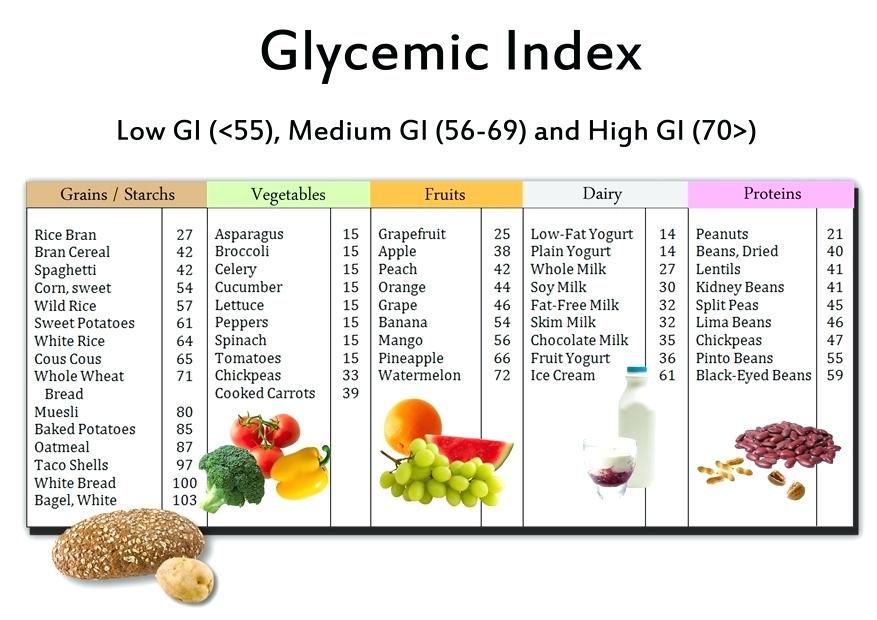
As a result, babies fed a salt-rich diet tend to have higher blood pressure levels during childhood and adolescence, which may increase their risk of heart disease later in life (10, 11).
In extreme cases, very high intakes of salt can require emergency medical care, and in some cases, even lead to death. However, this is rare and usually results from a baby accidentally eating a quantity of salt much larger than parents would normally add to foods (12).
SummaryToo much salt can damage a baby’s kidneys, increase their blood pressure, and possibly raise their risk of heart disease later in life. A salt-rich diet may also cause your child to develop a lasting preference for salty foods.
Sodium, the main component in table salt, is an essential nutrient. Everyone, including babies, need small amounts of it to function properly.
Young babies under 6 months of age meet their daily sodium requirements from breast milk and formula alone.
Those 7–12-months-old are able to meet their needs from breastmilk or formula and the small amounts of sodium naturally present in unprocessed complementary foods.
As such, experts recommend that you don’t add salt to your baby’s food during their first 12 months (2, 4, 5).
Having an occasional meal with salt added is OK. You may sometimes feed your baby some packaged or processed foods with salt added or let them try a meal from your plate. That said, overall, try not to add salt to the foods you prepare for your baby.
After 1 year of age, recommendations vary slightly. For instance, the European Food Safety Authority (EFSA) considers 1,100 mg of sodium per day — about half a teaspoon (2.8 grams) of table salt — safe and adequate for children of 1–3 years (13).
In the United States, recommendations for the same age group average 800 mg of sodium per day. That’s about 0.4 teaspoons (2 grams) of table salt per day (14).
SummaryBabies under 12 months should not get any additional salt through their diet.
Intakes between 0.4–0.5 teaspoons of salt appear safe in children up to 4 years old.
If your baby eats a meal that’s too salty, they may seem thirstier than usual. Typically, you won’t notice the effects of a high salt diet immediately, but rather over time.
In extremely rare cases, a baby that’s eaten too much salt can develop hypernatremia — a condition in which there’s too much sodium circulating in the blood.
If left untreated, hypernatremia can cause babies to progress from feeling irritable and agitated to drowsy, lethargic, and eventually unresponsive after some time. In severe cases, hypernatremia can result in coma and even death (15).
Milder forms of hypernatremia can be more difficult to spot in babies. Signs that your baby may have a mild form of hypernatremia include extreme thirst and a doughy or velvety texture to the skin.
Very young babies may start crying in a high pitched fashion if they’ve accidentally eaten too much salt.
If you think that your baby may have gotten into too much salt or is beginning to show signs of hypernatremia, call your pediatrician.
SummaryIf a baby has a salty meal occasionally, you may notice they are thirsty. In extremely rare cases, babies who have ingested large amounts of salt may develop hypernatremia and require medical attention.
As a parent, you can limit the amount of salt your baby eats in several ways.
Most baby food purées may contain small amounts of naturally occurring sodium from the foods they are made with but very little, if any, added salt. If your baby is currently eating them exclusively, they’re unlikely to ingest too much salt.
If you make your own baby food, skip adding salt, choose fresh foods, and check labels on frozen or canned vegetables and fruits to find lower sodium options.
Also, remember to rinse canned foods, such as beans, lentils, peas, and vegetables, before adding them to purées or meals. Doing so helps reduce their sodium content (16).
Doing so helps reduce their sodium content (16).
If you’re doing baby-led weaning, you can set aside a portion of meals for baby before adding salt or make family meals with spices and herbs instead of salt.
Check the sodium content of foods you frequently buy, such as bread, cereal, and sauces. Lower sodium versions are available for most packaged foods, and comparing labels can help you find a brand with less salt added.
Frozen meals, as well as takeout or restaurant foods, are generally higher in salt. Occasionally, it’s fine for baby to have these meals, but when dining out, a lower salt alternative would be to bring a few foods from home for your baby.
SummaryYou can minimize the amount of sodium your baby eats by offering them foods without added salt. Replacing pantry foods like bread and sauces with low sodium alternatives can also help.
Babies need small amounts of salt in their diet. However, their bodies can’t handle large amounts.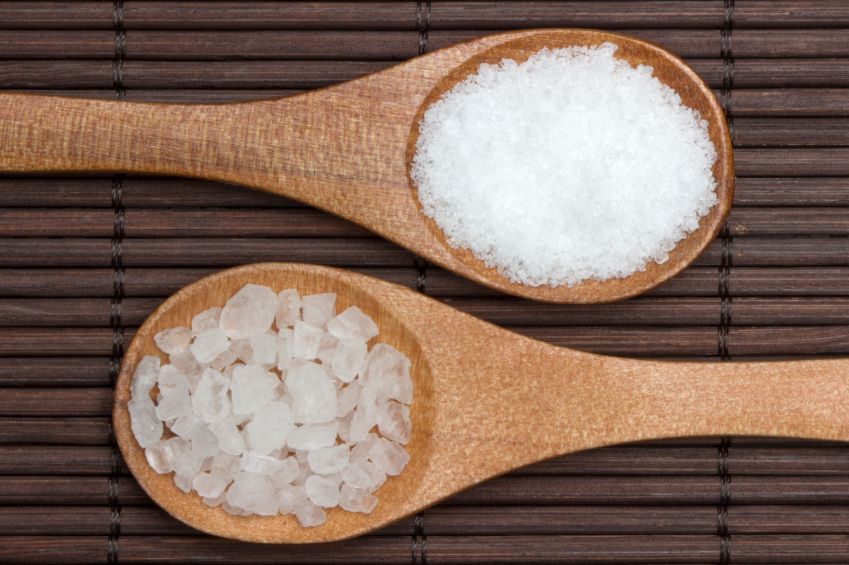 Babies fed too much salt may be at risk of kidney damage, high blood pressure, and possibly even an increased risk of heart disease.
Babies fed too much salt may be at risk of kidney damage, high blood pressure, and possibly even an increased risk of heart disease.
Moreover, a salt-rich diet may cause babies to develop a lifelong preference for salty foods, in turn, possibly lowering the overall quality of their diet.
Try not to add salt to your baby’s foods when they are under 12 months. After 1 year, you can include a small amount of salt in your child’s diet.
Just one thing
When cooking a family-style meal, get into the habit of adding salt near the end of cooking. This way, you can reserve a no-salt-added portion for your baby.
Why No Salt and Sugar For Babies until 1 year of age
Why No Salt and Sugar for babies till 1 year? This must be one of the foremost doubt for all new moms who start weaning for their babies.
Why No Salt for Babies till 1 year ?
Harmful effects of adding salt to Baby Food
How to add flavor to baby food without adding salt?
How to know whether commercial Baby & children food is high in Salt?
Why No Sugar for Babies until 1 year?
Why is sugar harmful to Babies below 1 year?
What to substitute for sugar in baby foods?
Natural Sweeteners for Baby food
Also, if your baby has recently started on solids, you might also be wondering what kind of feeding chair is best for your baby.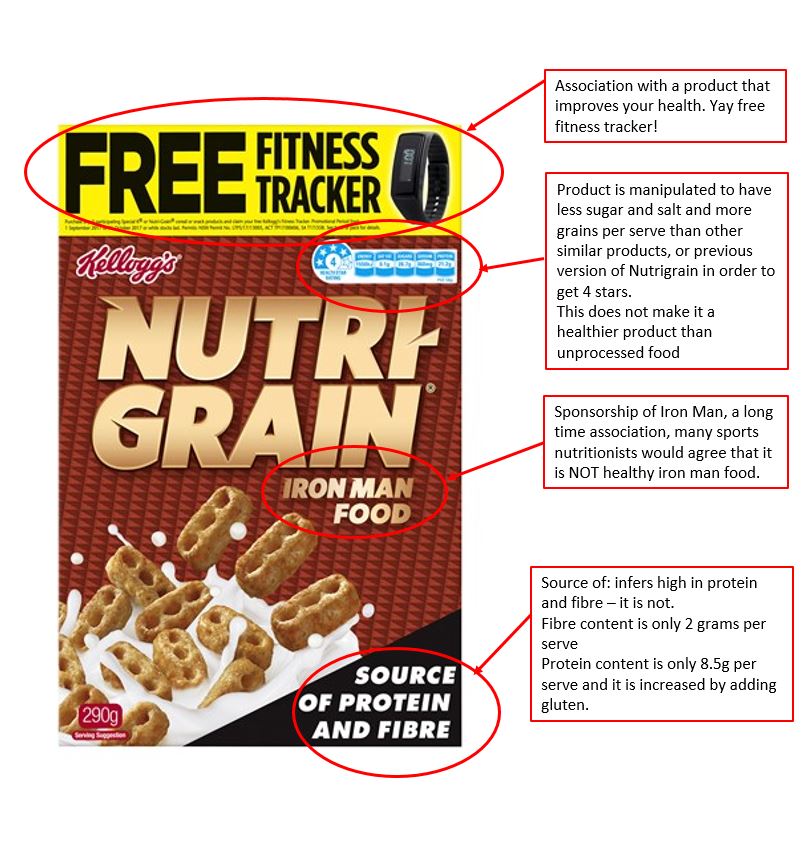 Check out our detailed post – High Chair Vs Booster Seat: Your Ultimate Guide to Buying a Feeding Chair.
Check out our detailed post – High Chair Vs Booster Seat: Your Ultimate Guide to Buying a Feeding Chair.
Buy Healthy Nutritious Baby, Toddler food made by our own Doctor Mom !
A couple of days back a new mom emailed me to ask ” Can I add Salt to my Baby food” due to a volume of emails I receive everyday, just sent out a short reply that she shouldn’t add salt to baby food till 1 year. Immediately a reply landed in my inbox asking the reason behind the No sugar no salt rule for babies till 1 year.
This generation of parents are very inquisitive and can be satisfied only with a detailed researched article. So decided to tackle this no sugar no salt rule for today’s article.
Let’s reason out some basic concepts first,
” Why do you think that your baby needs salt in his/ her food ? “
You think that the reason your baby is not accepting the first foods because it is bland.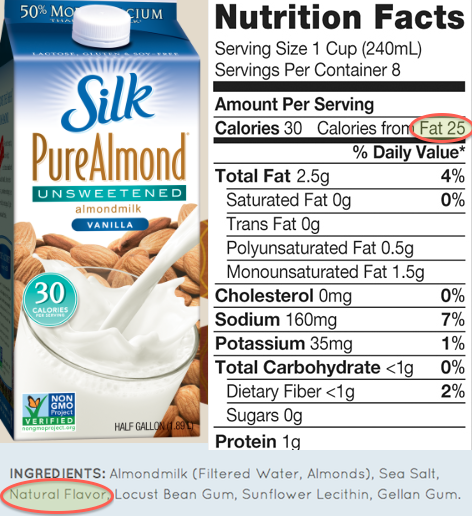
This is where most of us are mistaken, your baby doesn’t show interest in the food, as the baby is used to breastmilk and doesn’t like being fed with new unknown food.
For someone who has tasted only breastmilk till 6 months of age and who never knows the taste of salt before, what is the need to add salt to the food.
He can’t miss something that he hasn’t experienced yet !!!!
Harmful effects of adding salt to Baby Food
A baby’s salt requirement per day is less than 1 g per day (0.4g of sodium) and this is mostly met by the breastmilk or formula. So any extra salt will be a burden on the tiny kidneys and the kidney’s will not be able to function properly due to the excessive load. This may lead to kidney disease and it has also been proven to cause hypertension in the adult life. Excessive intake of salt in childhood has also been attributed to diseases as osteoporosis, cardiovascular diseases, and respiratory illnesses.¹
The SACN ² recommends the following Salt Requirement for babies, toddlers, and children
| Age | Maximum Salt Intake |
|---|---|
| 0-6 months | < 1 g (0.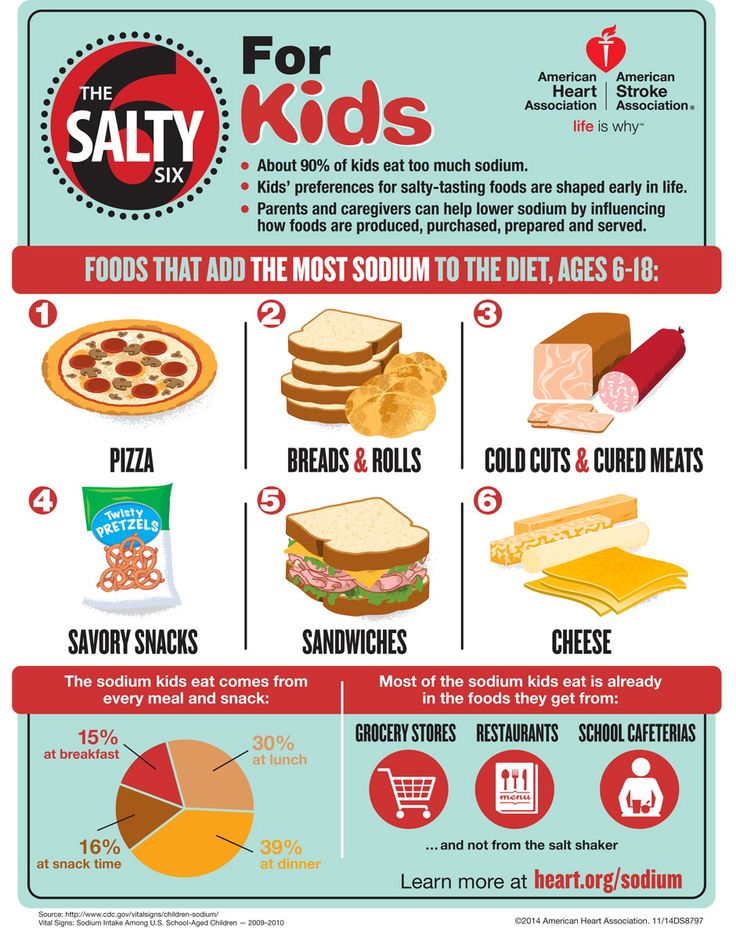 4g of sodium) 4g of sodium) |
| 6-12 months | < 1 g (0. 4g of sodium) |
| 1-3 years | 2 g (0.8g of sodium) |
| 4-6 years | 3 g (1.2g of sodium) |
| 7-10 years | 5 g ( 2 g of sodium) |
| 11 years and above | 6 g (2.4 g of s0dium) |
Some people advice to add a pinch of salt to baby food which is also equally dangerous.
While the amount of a pinch of salt may vary, Wiki calculates that 1 pinch of salt = ¼ gram.
One pinch of salt added to three meals a day equals to more than 0.75 g of salt that in addition to the salt in breastmilk or formula may skyrocket the salt consumed by the baby per day.
How to add flavor to baby food without adding salt?
You can make your baby food more interesting and tasty by adding spices appropriate to the age of the baby.
Learn ” How, when and what spices to be added to Baby Food”
How to know whether commercial Baby & children food is high in Salt?
While most of us prefer Homemade Baby food, there are few situations like traveling with babies where in we have to depend on commercial baby food.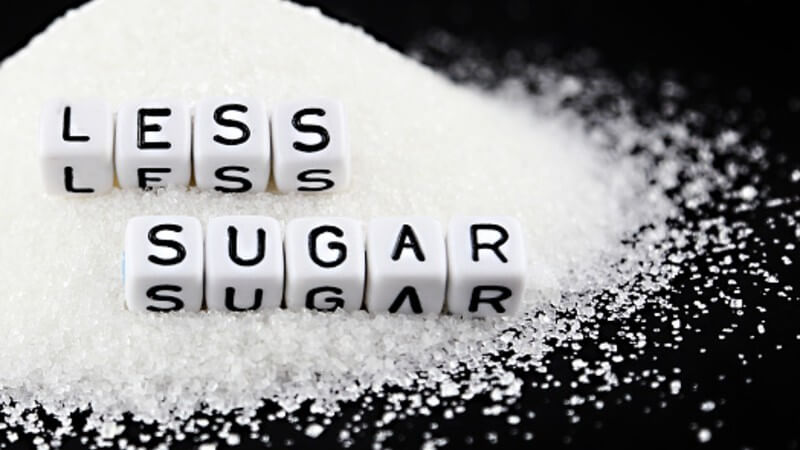
Not only for babies, even food for children may also be high in salt, and you should always be careful while selecting the food.
The salt content is usually given as figures for sodium. As a rough guide, food containing more than 0.6g of sodium per 100g is considered high in salt ³. You can workout the amount of salt in foods by multiplying the amount of sodium by 2.5.
Why No Sugar for Babies until 1 year?
Many mommies think that no sugar for babies also means no sweet foods for babies and refrain from giving nutritious fruits for their little ones.
By sugar, we always mean the “White Refined Sugar” not the natural sweetness of fruits and natural sweeteners.
Why is sugar harmful to Babies below 1 year?
1. Sugar is refined by lot of chemical processes which may be harmful to children.
2. Excess sugar may cause caries and tooth decay in children.
3. Excess of sugar may depress immunity.
4. Research has also shown that children fed with high sugar diet were prone to cardiovascular, diabetes and obesity.
What to substitute for sugar in baby foods?
Although your baby doesn’t need sweetening of foods daily, you can add natural sweeteners to Kheers, Porridges, baby-friendly cakes, and desserts.
Natural Sweeteners for Baby food
1. Any fruit can be added to baby food to make them naturally sweet
2. Dates Syrup (After 8 months)
3. Honey (After 1 year)
Learn more about Natural sweeteners for Baby Food
Also, if your baby has recently started on solids, you might also be wondering what kind of feeding chair is best for your baby. Check out our detailed post – High Chair Vs Booster Seat: Your Ultimate Guide to Buying a Feeding Chair.Hope your doubts regarding the No Salt and Sugar theory is resolved now, do comment below for any other queries that need answers.

Do follow us on Facebook, Twitter, Pinterest and Google+ for more such informative updates.
To receive the updates directly to your inbox, sign for our newsletter for free Here. We promise not to spam your inbox 🙂
Reference
1. World Action on Salt / Salt and Children Health
2. Scientific Advisor Commission on Nutrition gov.uk
3. How much salt do babies and children need? NHS
4. Effects of salt overload on Kidneys
5. Harmful effects of Sugar
Buy Healthy Nutritious Baby, Toddler food made by our own Doctor Mom !
Shop now!From what age can salt and sugar be given to a child | The benefits and harms of salt and sugar in baby food
Salt and sugar are quite controversial foods in the diet of even an adult. But what about the nutrition of children, especially the smallest - babies up to a year old?
Everyone knows that taste preferences and eating habits are developed in a person from early childhood - from the moment the first complementary foods are introduced.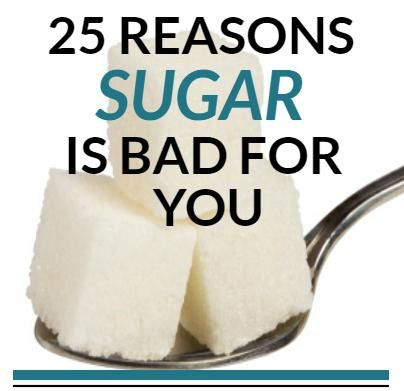 And the main task of parents during this period is to instill in the child a love for the natural taste of products, not to provoke the development of taste buds in only one zone, for example, sweet and salty. nine0003
And the main task of parents during this period is to instill in the child a love for the natural taste of products, not to provoke the development of taste buds in only one zone, for example, sweet and salty. nine0003
Salt and sugar for children under one year old
Many mothers and fathers worry that without the introduction of sugar and salt, the child will not receive sucrose, which gives energy and mineral salts necessary for cellular metabolism. However, this is a big misconception, as scientists nutritionists have long proven, sucrose is absolutely not needed for children under one year old. Healthy sugars should get into the children's body in the form of fructose, which is found in fruits and vegetables.
As for salt, the product that we see on the shelves of stores with the inscription "Table salt" is again not the salt that a growing body needs. Mineral salts involved in every metabolic process of our body are the most complex substances in terms of their chemical composition. Here are just some of the components of these compounds - sodium chloride (salt itself), zinc, copper, manganese, iodine, selenium, etc. - and all these trace elements are found in complementary foods (vegetables, meat, fish, and others), and can fully cover the daily need of the child's body. nine0003
Here are just some of the components of these compounds - sodium chloride (salt itself), zinc, copper, manganese, iodine, selenium, etc. - and all these trace elements are found in complementary foods (vegetables, meat, fish, and others), and can fully cover the daily need of the child's body. nine0003
That is why Materna dairy and dairy-free baby food does not contain refined sugars and table salt. The required amount of nutrients and trace elements of Materna nutrition is calculated taking into account the age needs of the child. Materna infant formulas for babies of the first year of life are as close as possible in composition to mother's milk and are enriched with additional components for comfortable digestion and full growth of the child.
Sugar in baby food
The need for sugar in a child up to a year is only 4 g (slightly less than a teaspoon). Babies up to 4-6 months of age receive easily digestible sugars from mother's milk or formula. Since the introduction of complementary foods, natural sugars of vegetables and fruits, juices are added.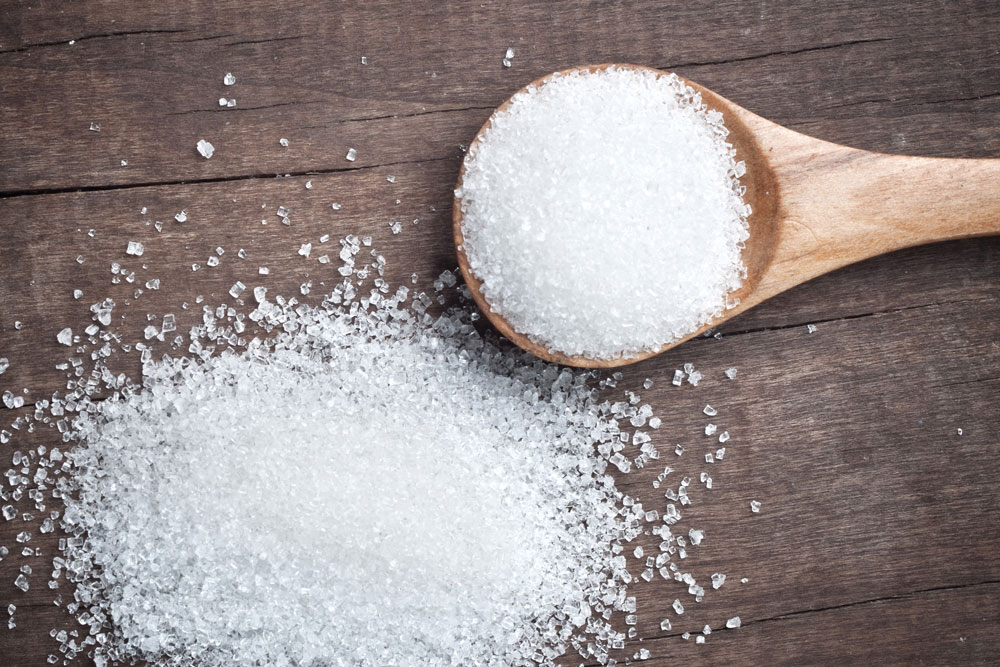
It is advisable to add refined white sugar to children after a year, in an amount of not more than 6 g per day (full teaspoon). Use it to sweeten sour fruit drinks, when baking fruits, in desserts or pastries. nine0003
Too early or too much sugar in a child's diet leads to a number of problems:
- fermentation processes in the intestines increase, which provokes bloating and painful colic. Products of incomplete protein breakdown from the intestine are absorbed into the bloodstream, thereby causing allergic reactions;
- excess sugar is deposited in fat depots, prerequisites for the development of obesity, diabetes mellitus and changes in the central nervous system appear; nine0006
- tooth enamel is destroyed;
- interferes with proper nutrition: sweetened food creates an “illusion” of satiety in a child, therefore, having eaten quite a bit, for example, sweet porridge or cookies, he will refuse the main meal;
- sugar in children is addictive! No matter how scary it sounds, but this pattern has been repeatedly proven: a child, receiving a portion of glucose, experiences an emotional upsurge, he is cheerful and active, but as soon as the blood sugar level drops to normal, lethargy and boredom will set in, so the child will begin to ask himself, and then demand sweets.
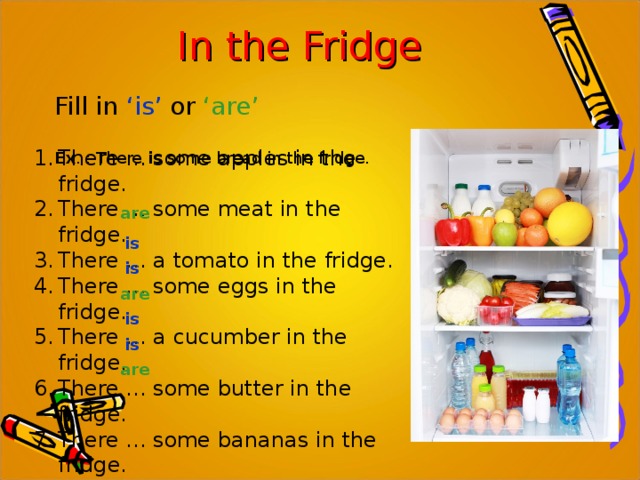 nine0026
nine0026
Materna Sugar Free Infant Formula does not have these drawbacks.
Salt in the diet of children under one year old
The stereotype that has been strengthened over the years that the human body without salt can get serious functional disorders, and to this day encourages young mothers to add salt to complementary foods for their beloved child. But is salt really necessary for children under one year old? Many pediatricians agree that the child receives all the necessary mineral salts from milk nutrition or complementary foods without the addition of common table salt. nine0003
The daily salt requirement for a child up to a year is 0.3 g (after a year 0.5 g). Before the introduction of complementary foods, babies receive all this amount from mother's milk or an adapted milk formula. After that, mineral salts of complementary foods are added: from vegetables, fruits, cereals, meat and other foods. If parents want to further “enrich” the child’s diet with salt and add salt to complementary foods, this will create a greater burden on the kidneys (since salt retains fluid) and the child’s pancreas.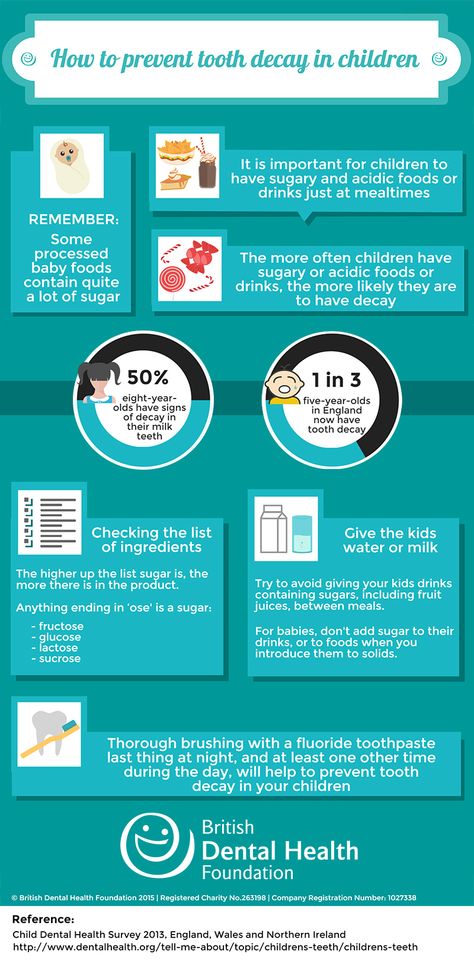
Another concern of young parents is the lack of flavor diversity, which is lost in the absence of salt in complementary foods. This myth also needs to be dispelled. The child's taste buds are very poorly developed, and in the first year of life, he does not distinguish the delicate taste of dishes well. But at the same time, if you regularly add salt or sweeten food, the zones of receptors that perceive sweet or salty will begin to develop faster and require more “flavor enhancers”.
Salt and sugar in baby food
- Age:
- From birth - 3 years
- Subject:
- Food
Show your child that you should not sneeze into your palm, but into your elbow. So less viruses will be on toys, doorknobs and clothes that he will then touch. Better yet, use disposable paper handkerchiefs.
Every mother of a baby is faced with the question - when to start adding salt and sugar to the baby's food.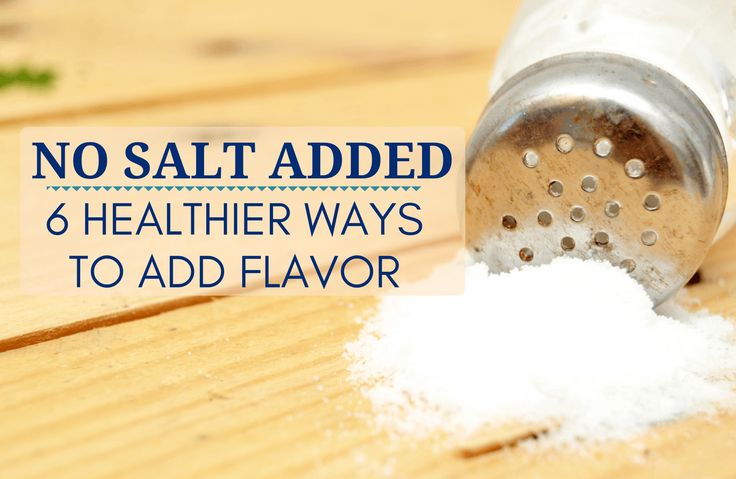 Someone is a strict opponent of such additives, someone, on the contrary, abuses them. It is important for parents to understand in what dosages of sugar and salt for the child will only benefit. Remember, any extremes are harmful! nine0003
Someone is a strict opponent of such additives, someone, on the contrary, abuses them. It is important for parents to understand in what dosages of sugar and salt for the child will only benefit. Remember, any extremes are harmful! nine0003
Too much salt can impair kidney function In the first year of life, you can, in principle, do without adding salt and sweetening food, because there is a sufficient amount of these elements in breast milk. If the child eats baby formulas and cereals, then they also correctly balanced the amount of all the necessary ingredients, including salt and sugar. There is simply no need to use these additives additionally.
After a year, you can slowly start adding salt to children in soups and vegetable purees. By the age of three, the amount can be brought to a dose of 0.5 teaspoon per day. nine0003
Which salt to choose?
Regular salt on its own is very healthy, naturally, in reasonable amounts. The sodium included in it promotes good digestion, maintains muscle tone, and also improves metabolism. However, do not forget that with an excessive increase in the amount of this supplement, the kidneys and other organs of the child may suffer.
The sodium included in it promotes good digestion, maintains muscle tone, and also improves metabolism. However, do not forget that with an excessive increase in the amount of this supplement, the kidneys and other organs of the child may suffer.
Excess sugar causes dermatitis and obesity If in the interaction "salt and children" you strive to achieve maximum benefits for the baby's body, you can use sea salt instead of the usual table salt. Please note that it should be of medium-sized grinding and must be marked "food". Such salt, in addition to sodium and chlorine, contains potassium, magnesium, iron, copper and even calcium. nine0003
In the absence of sea salt, you can use iodized salt, which also has additional beneficial properties due to enrichment with iodine. However, such salt can only be used in cooked food, because. in the process of preparation, iodine is destroyed by high temperatures.
About the dangers and benefits of sugar
From salty gradually we pass to sweet.